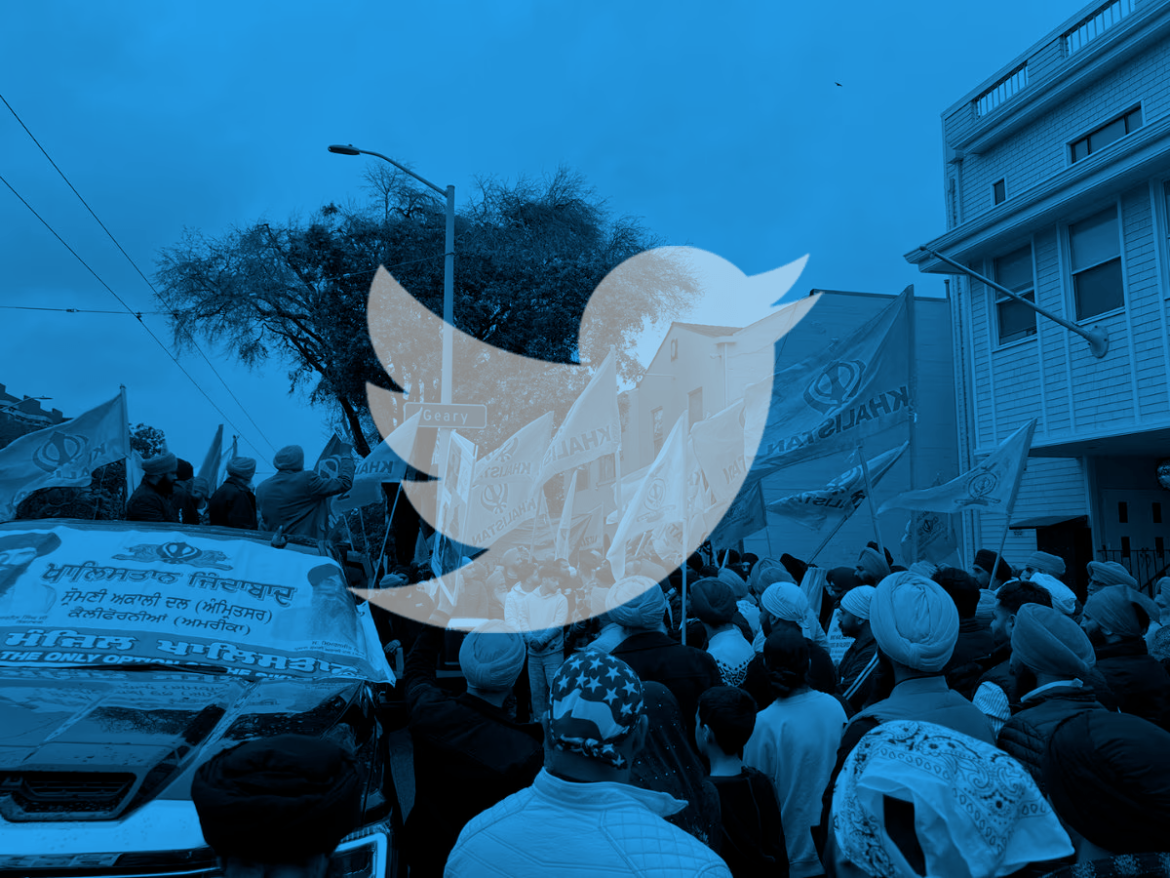AI Generated Summary
- “When you look at the escalation and the intensity of the rhetoric, and how that precedes the events that take place in the real world that result in vandalism or violence, that’s where the concern is.
- A yet-to-be-published research by the Network Contagion Research Institute (NCRI) has revealed how Khalistani extremists are using an army of bots or fake Twitter accounts to promote acts of vandalism and violence in Australia against Indians and the Indian government establishment.
- They post and soon delete tweets promoting violence, use coded language such as referring to a bomb as a “device,” and advocate for the “political death” of Indian leaders rather than actual assassination.
While the Khalistan movement has lost traction in recent years, it seems to have found a new lifeline through social media, specifically Twitter. A yet-to-be-published research by the Network Contagion Research Institute (NCRI) has revealed how Khalistani extremists are using an army of bots or fake Twitter accounts to promote acts of vandalism and violence in Australia against Indians and the Indian government establishment.
The NCRI is known for producing independent, data-driven, and evidence-based reports regarding the spread of hostile ideological content worldwide. Their research found that since January 2023, 359 active accounts worked in networks of 20 to 50 accounts, often promoting violent messages or videos.
Jack Donohue, chief operating officer at the NCRI and a former head of cyber intelligence at the New York Police Department, told Washington Post:
“When you look at the escalation and the intensity of the rhetoric, and how that precedes the events that take place in the real world that result in vandalism or violence, that’s where the concern is!”
These Twitter accounts employ evasive tactics to avoid authorities and Twitter suspensions. For example, they post and soon delete tweets promoting violence, use coded language such as referring to a bomb as a “device,” and advocate for the “political death” of Indian leaders rather than actual assassination.
Sarah L. Gates, a Brisbane-based activist and academician, has been monitoring these automated Khalistani Twitter bots and their attacks on Indian-Australian journalists for three months. She observed that each account would tweet the same violent message dozens of times, tagging different journalists and public figures to build visibility.
The NCRI researchers also identified more than 20% of the accounts as part of Twitter networks claiming to be located inside Pakistan. This connection suggests that the Khalistan movement is receiving significant support from the Pakistani government. The NCRI report states, “The fact that this network of self-identified Pakistani accounts amplifies attacks against Hindu houses of worship, agitates for terror and attacks Indian consulates, aligns well with Pakistani strategic interests.”
Despite Twitter’s efforts to combat automated bots promoting violence, the platform has struggled to control Khalistani extremists’ violent content and action. Twitter has acted against many Khalistani accounts by suspending or restricting them, but the NCRI notes that the extremists and Pakistani supporters behind these accounts often return with slightly altered names.
The NCRI’s findings demonstrate how social media platforms, particularly Twitter, can be weaponized to amplify and keep alive propaganda campaigns like the Khalistan movement. By exploiting the platform’s limitations, extremists are using fake accounts and evasive tactics to promote violence and division. It is crucial for social media companies, governments, and civil society to be vigilant and collaborative in addressing this ongoing challenge.
More details can be found in the Washington Post article.




